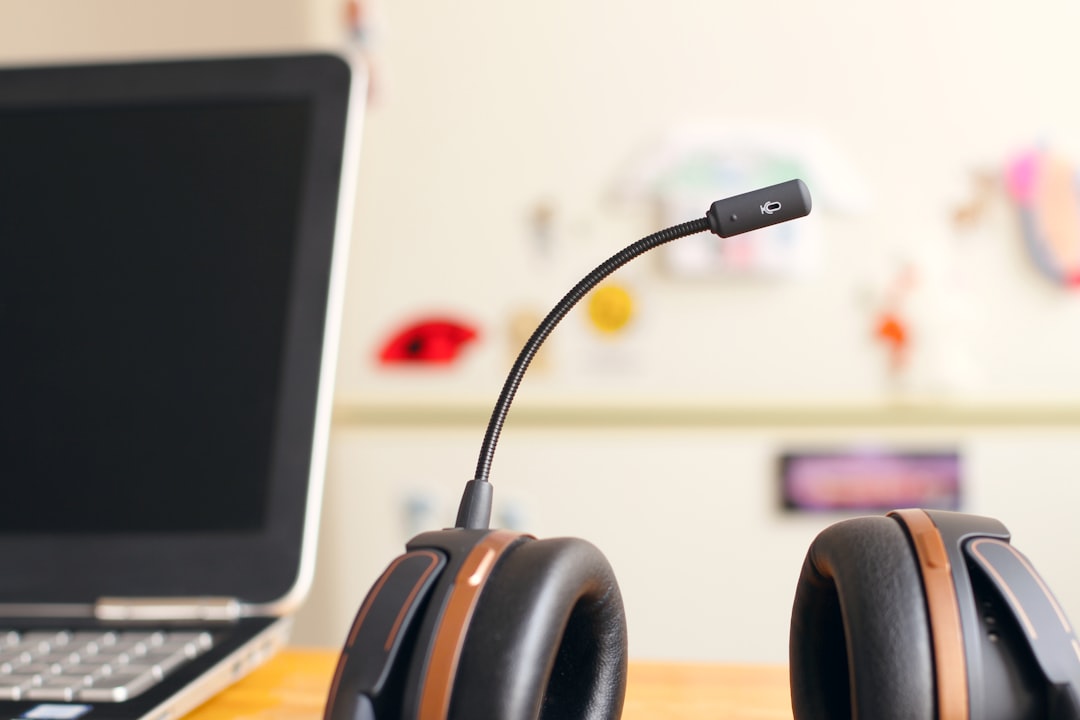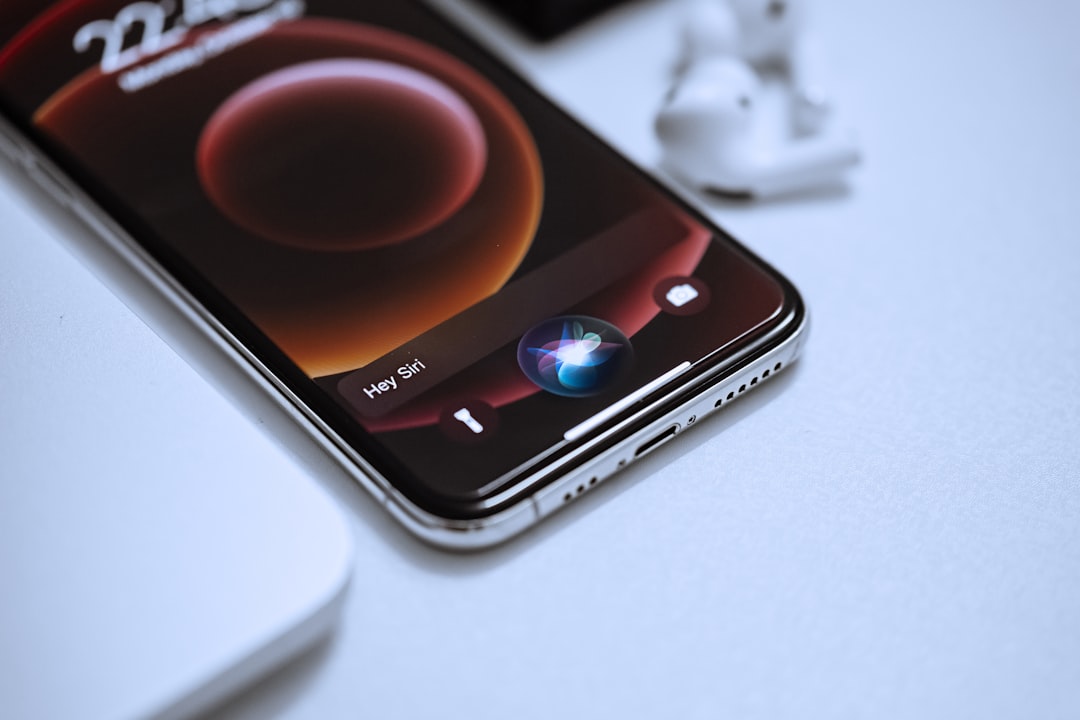Autodialers, though beneficial for efficient legal communication in Massachusetts, pose challenges with their current broad definition, leading to privacy violations and ethical concerns. Advocates and autodialer lawyers push for regulatory reforms to clarify definitions, protect consumers, and ensure compliance while distinguishing lawful marketing from abusive practices. This move is crucial for maintaining a fair system and balancing technology's benefits with consumer protection for autodialer lawyer Massachusetts.
In the digital age, understanding and regulating autodialers—software that automatically dials phone numbers—is crucial in legal contexts, especially during court proceedings. This article delves into the definition of an autodialer and its implications in Bridgewater Courts, Massachusetts. We explore challenges posed by current definitions, including loopholes exploited by unscrupulous lawyers. Furthermore, we propose reforms to ensure fairer regulation, emphasizing the need for transparent and stringent guidelines for autodialer use among legal professionals.
Understanding Autodialers in Legal Contexts

In the legal realm, an autodialer is a powerful tool used in telecommunications, particularly for mass outreach and notification purposes. It refers to a system or software that automatically dials phone numbers from a pre-programmed list, making it an indispensable asset for attorneys in Massachusetts when conducting business. This technology allows lawyers to efficiently contact clients, witnesses, or potential jurors at scale.
Understanding the capabilities of an autodialer is crucial for legal professionals, especially when navigating complex cases where numerous parties need to be communicated with. It streamlines tasks that were once time-consuming and laborious, ensuring timely delivery of critical messages and documents. An autodialer lawyer in Massachusetts can leverage this tool to enhance case management, improve client relationships, and stay ahead in a fast-paced legal environment.
The Current Definition and Its Implications

The current definition of an autodialer, as per Massachusetts law, is a device that uses a random or sequential number generator to dial phone numbers from a list without human intervention. This technology has been a game-changer for many businesses, especially in the legal sector, where efficient communication with clients is paramount. However, implications arise when this technology is misused or misunderstood. For instance, an autodialer used without consent can lead to privacy violations and consumer complaints. Moreover, it may create challenges for lawyers in Massachusetts who must ensure their marketing practices adhere to ethical guidelines, especially regarding unsolicited phone calls.
The definition’s broadness can result in grey areas, where legitimate business practices might inadvertently cross legal boundaries. This is particularly relevant for autodialer lawyer Massachusetts, as the state’s regulatory framework demands precise navigation. Therefore, a clearer understanding and stricter enforcement of existing rules are necessary to balance the benefits of autodialer technology with consumer protection and ethical marketing.
Challenges and Loopholes: Real-World Scenarios

In real-world scenarios, challenging the definition of an autodialer in Bridgewater Courts presents a complex web of legal and technological intricacies. Many automatized phone systems masquerade as simple autodialers, employing sophisticated algorithms to dial numbers and deliver pre-recorded messages, sometimes with malicious intent. These loopholes exploit vague definitions, where what constitutes an “autodialer” is not always clear. For instance, a system that uses AI to personalize calls by retrieving caller IDs or using dynamic content based on the recipient’s past interactions could technically fall under the category, raising concerns among auto dialer lawyers Massachusetts.
Moreover, some autodialers operate within legal grey areas, particularly when it comes to consent and do-not-call lists. Marketers often bypass regulations by using voice over IP (VoIP) technologies or automated systems that make calls from multiple locations, making it difficult for consumers to trace the source of unwanted calls. This not only frustrates individuals but also hampers the effectiveness of consumer protection laws, emphasizing the need for clearer definitions and stricter enforcement in Massachusetts auto dialer litigation.
Proposed Reforms for Fairer Regulation

In an effort to challenge the status quo, a group of advocates and autodialer lawyer Massachusetts are proposing reforms to redefine what constitutes an autodialer. The current definition in Bridgewater Courts has been criticized for its narrow interpretation, which significantly hinders legitimate marketing efforts while leaving room for abusive practices. By advocating for broader criteria that emphasize functionality over specific technological labels, these reformers aim to create a fairer regulatory environment.
The proposed reforms seek to distinguish between automated dialing systems used for lawful marketing purposes and those employed for fraudulent or harassing activities. This nuanced approach would involve assessing the intent and impact of the autodialer’s use, ensuring compliance with consumer protection laws while allowing businesses to leverage technology responsibly. Such a shift in regulation could lead to more effective oversight and better protect consumers without stifling legitimate communications.





